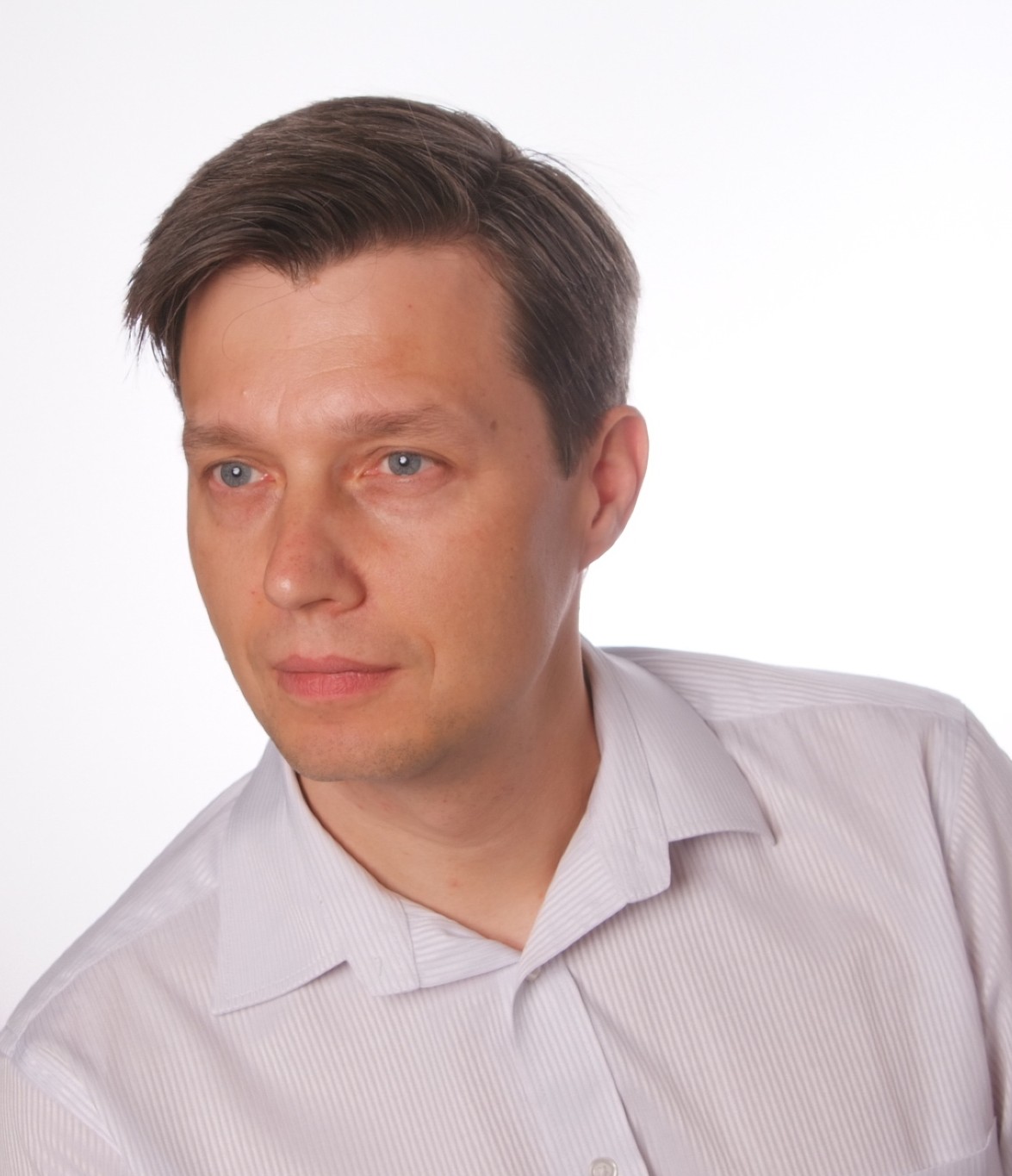The Roleski Constitution: A Young Company’s Desire to Keep Family Firm over Generations
This week’s article by Jacek Lipiec, assistant professor at the Warsaw School of Economics, describes the process by which Firma Roleski developed a family business constitution. While family business constitutions are relatively common in the family enterprise world, the Roleski constitution is thought to be one of the first, if not the first, in Poland. To learn more about the process, the thinking behind this company founded in 1972, and how they made the constitution a public event, please read the article here.
The Roleski Constitution: A Young Company’s Desire to Keep Family Firm over Generations
Jacek Lipiec, Warsaw School of Economics
Family businesses in Poland started to earn recognition after the first family business conference organized in 2005 and supported by Firma Roleski – the largest producer of wet condiments (mustard, ketchup, mayonnaise and dressings) in Poland. Marek Roleski, who founded the company in 1972, had been thinking about securing his family business for many years, but a plane accident with him on board definitely accelerated this process.
After the accident, which he fortunately survived, he heard about the family constitution concept and knew he wanted something like this in his firm and for his family. After the mental preparation of family members and countless efforts, the document was finally implemented in 2010[1].
Beginning with a bumpy start, here is how the familiar phases of this process played out in the Roleski family:
Critical moment. There comes a moment in time when the owner must consider how to secure operations of the firm in the future to keep it in family hands for ages. It is not an easy process, because first of all, family members’ aspirations and expectations must be met. In first generation businesses, the owner has often invested her/his life in the firm and wants anyone who will succeed to follow the same pattern. Therefore when does the right moment come? For Roleski Company, this moment came when Marek Roleski had an accident in his aircraft as mentioned above. It does not mean he had not been thinking about it earlier, but obviously this accident anticipated the process of creating and writing down the family legacy.
Preparing the family. Family preparation for a constitution is difficult because it deals with uncovering emotions, hidden thoughts and differing expectations. Some family members are convinced and think that they will be the ones running the business, while the owner has her/his own vision. The process becomes more difficult when the family has more heirs. The psychological openness of family members is critical for the success of composing the constitution. It takes a lot of time and trials to elicit the hidden emotions. For the Roleski family, it helped to start this process when the family gathered in an informal venue with a glass of wine.
Concept of family. Family plays the most significant step in composing a family constitution: without family consent and openness, nothing can be achieved. The key issue to answer here is: What is the core concept of the family? Should it be a nuclear or extended family? For the Roleski family it was the nuclear family since the family bonds were very close and intimate, making the emphasis on the legal framework somewhat less critical. The reliance on family members is very high in the nuclear family and has the advantage of addressing sometimes urgent issues “at home.” For the Roleski’s the nuclear family concept facilitated the adoption of the constitution.
Concept of firm. When the concept of family is decided, then the focus is shifted to the concept of business and the way family interacts with the firm currently and how it is supposed to interact in the future. Roleski decided to set up the management team and governance bodies to manage the firm effectively. In particular, the role of family council was emphasized Family governance bodies were set up and family representatives selected to them. Management was allowed sufficient time for running and developing the firm according to the constitution guidelines. Important issues regarding ownership structure and voting rights were also addressed.
Enactment. Once the decisions regarding family, firm and ownership were made and formalized, then the constitution was enacted formally and ceremonially. The ceremonial enactment in Firma Roleski meant inviting family members, advisors and special guests connected with the firm through close and long-term cooperation. In addition, the press and television were invited. This was a very moving event for family members. Marek Roleski was excited to have his firm secured, documented and proclaimed. He said it was the crowning achievement of this important phase of Roleski and opening of a new era. The pride of this achievement was felt in the air.
Having a family constitution in Roleski also turned out to be a business negotiation advantage. Firma Roleski was at one point approached by a multinational company and asked about business cooperation. The company wanted proof of a long-term mission on the part of Roleski. The multinational company was afraid that Roleski may want to sell the business and the quality and price might change). The Roleski Family Constitution was submitted as proof of long-term commitment. The business partner was clearly impressed and the existence of the constitution played a significant role in strengthening and extending cooperation between Roleski and this partner.
Marek Roleski later had this to say about the constitution:
“The success of today doesn’t guarantee the firm’s prosperity in the future. That is the reason why it is recommended to protect against the situation where the hard work of many people would be lost. The Roleski Constitution may be treated as the act of normalization of the family influence on the business. In particular, this influence relates to the next generation and persons who make strategic decisions being entitled by the owners”[2].
In conclusion, the Roleski Family Constitution was not only an important event for Firma Roleski and the Roleski family, it was also important as part of the evolution of family governance models for family enterprises in Poland. To learn more about this interesting company go here: https://roleski.pl/en/
About the Contributor
 Jacek Lipiec works as a faculty at the Warsaw School of Economics (www.sgh.waw.pl) in Poland. He has been involved in working on behalf of family businesses in Poland since 2000. Together with the Roleski Company (www.roleski.pl) he organized the first family conference in Poland in 2005 and launched the first family constitution for the same company in 2010. He is now working on further development of family constitutions.
Jacek Lipiec works as a faculty at the Warsaw School of Economics (www.sgh.waw.pl) in Poland. He has been involved in working on behalf of family businesses in Poland since 2000. Together with the Roleski Company (www.roleski.pl) he organized the first family conference in Poland in 2005 and launched the first family constitution for the same company in 2010. He is now working on further development of family constitutions.
Stay tuned next week for another issue of The Practitioner.
Yours in Practice,
The Practitioner





